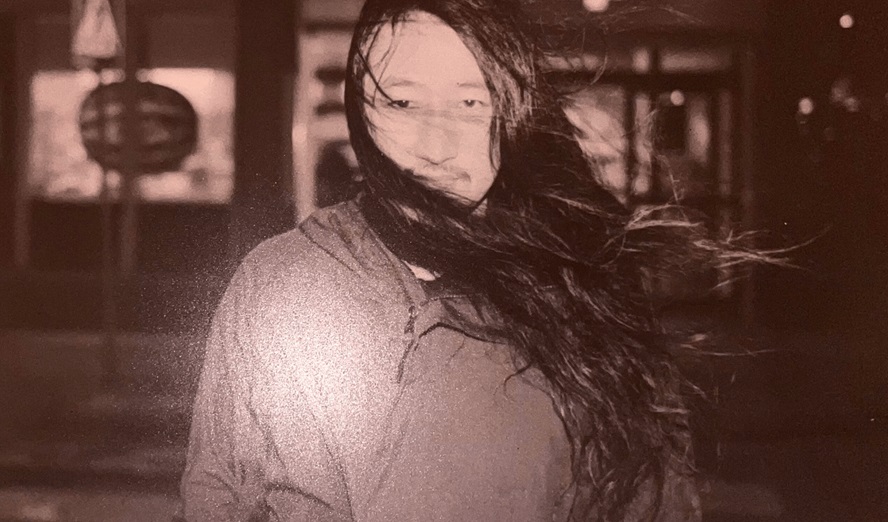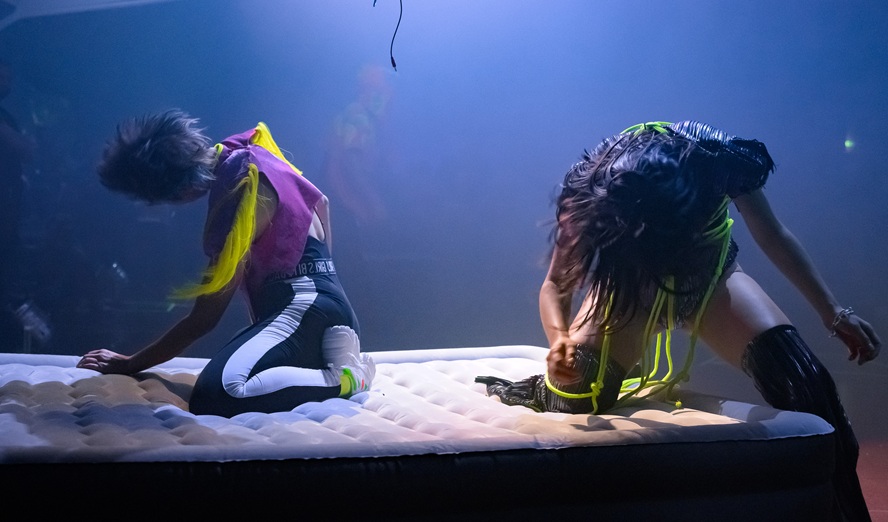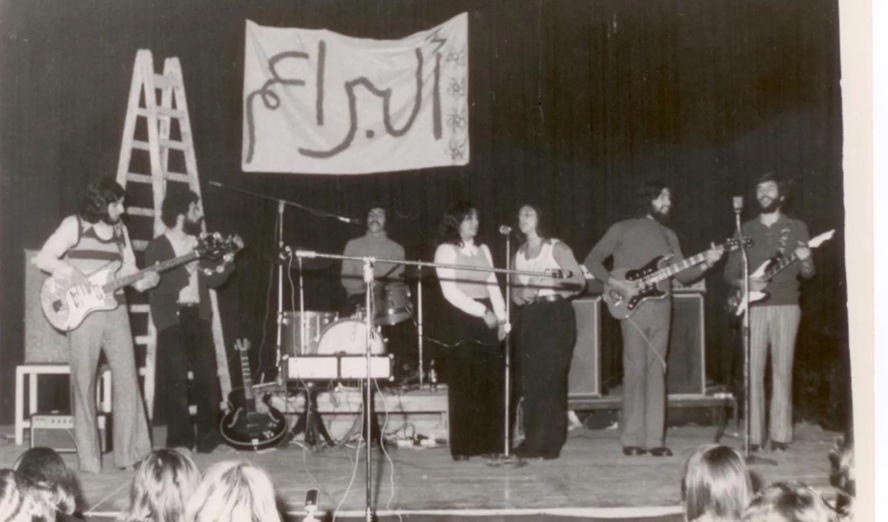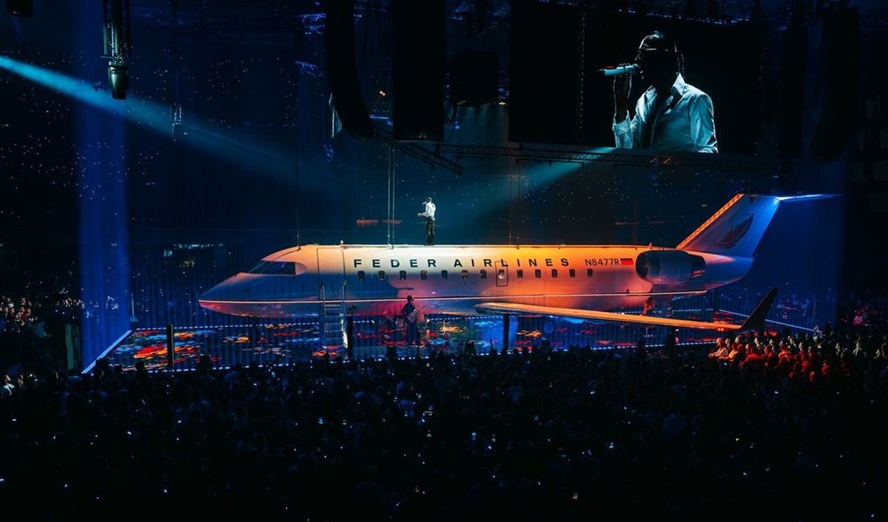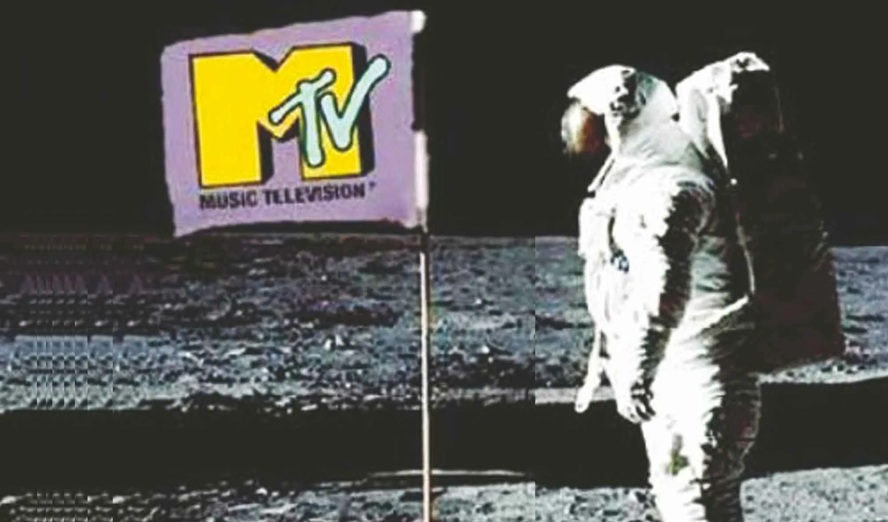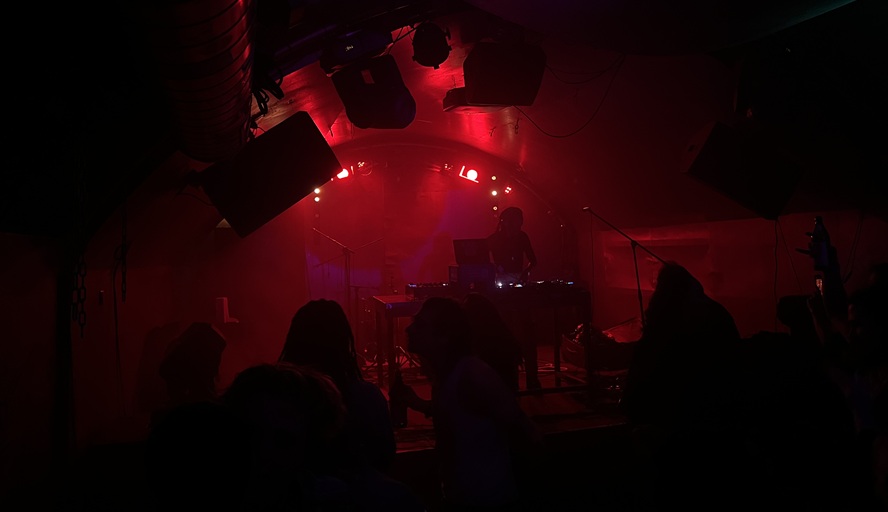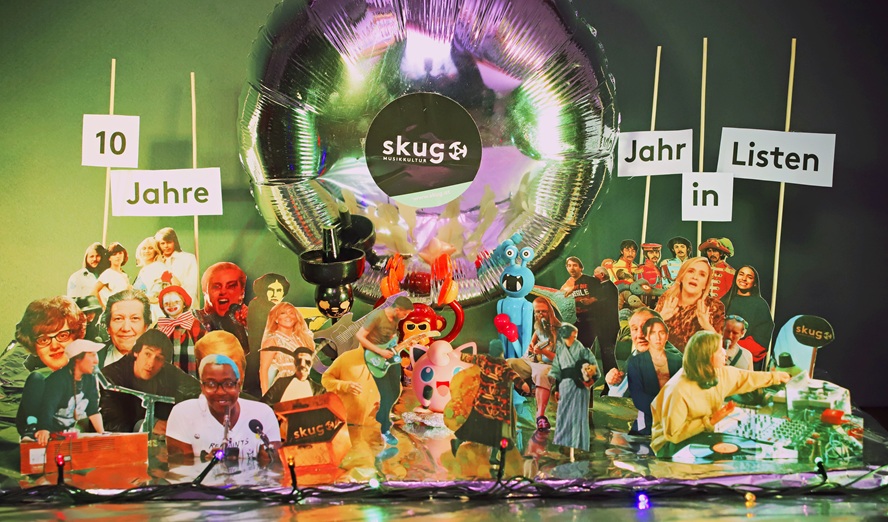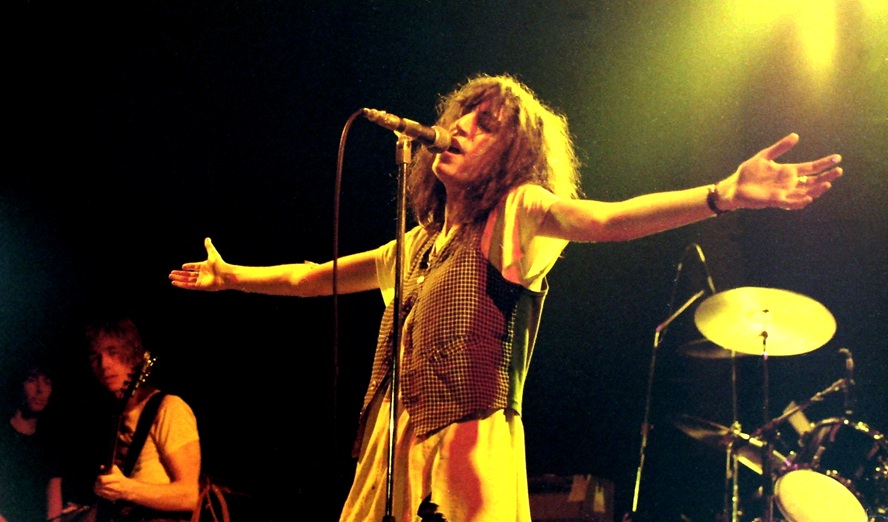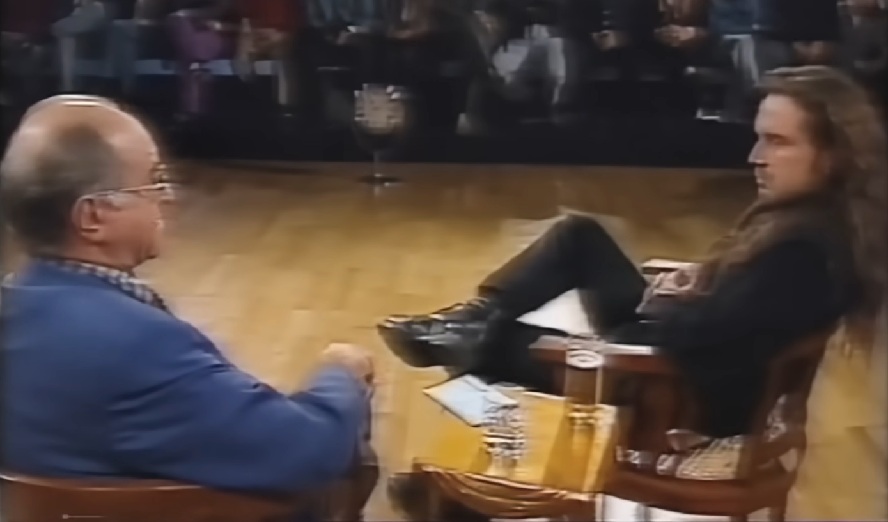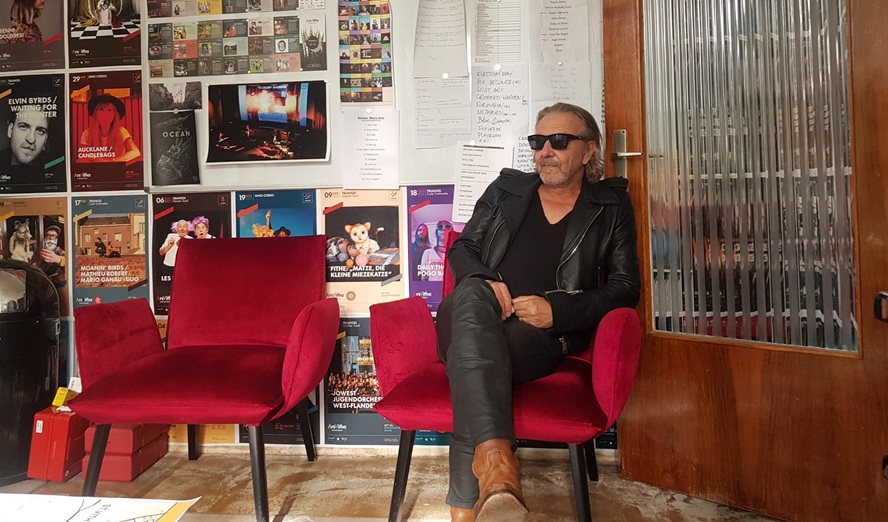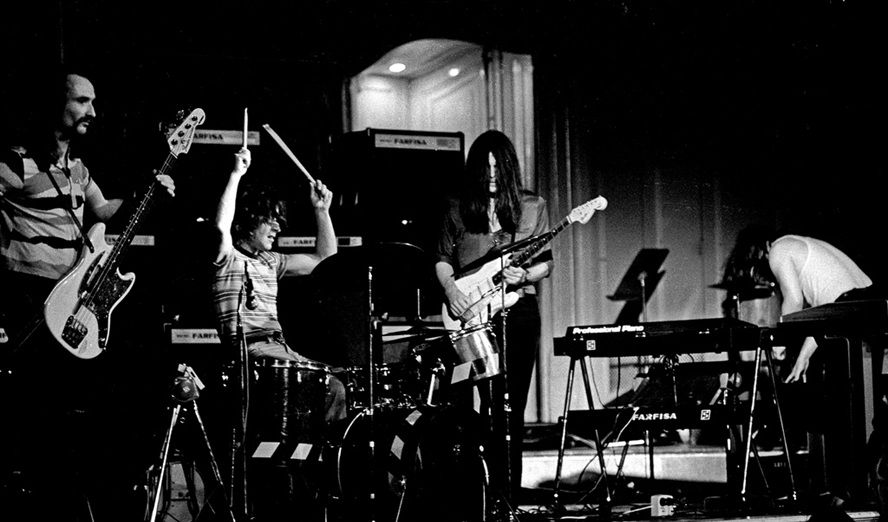I fell down a rabbit hole of pleasant and interesting music. This is the first part of my findings there for »Japonoiseries« – a series of skug articles combining »Japon« and »noise« – and also the endeavor laid on my shoulders by following traces of people who have sadly passed away. As has happened before, sometimes I only learn about music by reading that a musician has died. Whatever the cause, usually some sort of eulogies, articles, pieces of writing, movements, and of course sounds exist to build knowledge on, to retrace the steps you should have followed while said person was still alive: buying their recordings, going to their shows, and the like. But in this case, I found nothing.
Firstly, because I approached it from the wrong end – I should have started looking for articles in Japanese, which you’ll grant me is hard to do if you have to go to Wikipedia first and look up the name’s actual characters in Japanese, right? And secondly because in my more familiar languages there was simply naught to be found. So I thought I’d write my own text. To keep a respectful distance however, this is not only about Chiyo Kamekawa, who passed away on the 7th of April 2024, because fuck it, THIS IS NOT ANOTHER OBITUARY!
I refuse to deliver in this article just what can be found on Wikipedia, like »that hair, that bass, those bands – and uh, he liked wrestling«… which isn’t a very nice portrait of a musician at all. It gives no impression whatsoever about his brilliant bass movements, sometimes being elegant jazzy tunes, then again accompanying Yura Yura Teikoku’s bubble-bursting guitar sound, or Haino’s soundscapes with Kiyasu’s sculptured drum parts, Gaseneta’s crust punk, or the psychedelic waves of The Stars and White Heaven, just to give some examples. Isn’t it remarkable that this bass player had quite a variety of styles to support the melodic parts of his various bandmates, and sometimes took the lead to produce hefty riffs as well? Instead, I will start the series with an interview with his bandmate, legendary Japanese underground drummer Ryosuke Kiyasu.

skug: Let me thank you for agreeing to this interview by expressing my huge respect for the music and people involved. Please read this like a conversation rather than a game of Q&A – maybe that is possible, because a conversation about music is better, isn’t it?
Ryosuke Kiyasu: I don’t often talk about music with people, but I will try to be honest about what I think.
To prepare and find more of the live music played by you and the late Chiyo Kamekawa, I watched videos of Fushitsusha performances. These concerts contain elaborate drum patterns as well as very ceremonial, reduced drumming. How is your expression different when you play in a band? Do you concentrate more on the expression of yourself playing solo, or is the general approach the same?
Playing in a band and playing solo are fundamentally different ideas altogether. Playing in a band is about »what does the band want to express with its sound?« I think about the identity of the band, and then try to express my individuality as a part of the band. If I cannot identify with what the band is trying to achieve or express, I cannot play as a member of the band. I believe that it is necessary to push aside one’s own individuality in the midst of expression. I believe that we all need to cooperate to create a single work of art. Unlike that, when it comes to solos, the aspect that I can freely perform in the way I want to express myself that day, letting my own emotions take over, is very appealing, and I get excited about my own performance every time.
How did you come to play in Fushitsusha, and had you met any of the band members before? Was it unusual for you to play with musicians who were popular before you joined the band?
Around 2005, I think, there was an event in Tokyo called »Red and Black«, in which artists who usually wear black were pitted against those who wear red. I was invited to participate in the project as a member of the black team, and Haino-san was interested in my style of playing the bass drum during the performance. In 2012, I received a phone call out of the blue, »Kiyasu-kun, can you play live tomorrow?« I rushed to the venue and found bassist Kamegawa-san there, and for the first time, the three of us performed together in an improvisational way. I think it was at that concert that the three of us officially began working together as Fushitsusha. I was not interested in famous people, and I had no idea what kind of person Kamekawa-san was. I still play drums in Fushitsusha, although we have a new bass player.
How do you feel about this wide variety? Does it come from an emotional vibe, is there a lot of improvisation involved? Are you free to do that as a drummer in a band, or is it completely orchestrated? Because when you see some rock / jazz / etc. drummers like Ginger Baker for example, they seem to enjoy quite a lot of freedom in their expression, and good drumming is a treat for bandmates and audience alike!
The band basically plays the songs, but there are parts where they improvise, incorporating their own approach and unique interpretation. The ratio of music and improvisation is half and half. If you don’t enjoy playing freely, you can’t do good drumming, and that’s something I always keep in mind.
I saw you play live for the first time last year (with only one snare drum), and went to both of your Vienna shows. I was so blown away by your performance and presence on stage the first time, that I went again the following day. Looking at your touring schedule, you are on stage pretty much every day, all year round… How do you keep this impossible amount of energy going? Does your creativity not waver sometime? Do you ever feel that so much expression leaves too much of yourself with other people?
It is a real pleasure to play every day and I am excited every time. I’ve played solo hundreds of times, but I still haven’t achieved the perfect score that I imagined, and I’m always excited by the new sounds that emerge. The approach changes depending on where I’m playing and who I’m playing to, and it’s a lot of fun. What I want to do with snare drum solos is a very simple expression, and since this expression represents my inner self, I don’t think it will change much. My own creativity never wavers. Because I’ve been doing solo shows on snare drums for more than 20 years now, and nothing has fundamentally changed since I was young.
It is amazing how your music obviously speaks to audiences no matter which constellation and which city or country you play in. How did you find (or create) this universally effective approach to reaching out to people across the world? What do you think about the response to your music? After your performance, everybody is happily stunned and amazed.
I keep thinking, »What is the simplest form of music?« Before the invention of musical instruments, human beings must have expressed their own joy, anger, and sadness by clapping their hands and hitting things. I think that the simplest form of percussion expression is something that people have been doing every day for a long time in order to convey their emotions and feelings to others. So I would like to express it in the simplest form, using modern instruments, and establishing it in a new form. I recently visited Geneva, Switzerland, and after the show, someone from the audience came to me with tears in his eyes to tell me how moved he was by my performance. He stopped by on a whim, listened to my performance, and was moved. I believe that the most important message of true music is hidden in the simplest of places.
When did you realize that you wanted to play drums, and what is your fondest memory of music – maybe your first gig, or listening to music as a teenager? Did you grow up in a household with music around? For some people, music seems immensely connected to their lives’ story, and with musicians I guess it’s the same.
My first contact with music was when I took private classical piano lessons at my parents’ urging when I was in elementary school. At that time, I was practicing strictly in order to enter competitions, and I never felt that I was enjoying music at all; it was just a painful feeling of being obliged to play. I have two older sisters, both of whom play the piano every day, I grew up listening to them every day, so I guess I naturally grew up surrounded by music. When I entered junior high school, I stopped playing the piano and started playing the drums on my own volition, and from there, music became more and more enjoyable. For the first three to five years, I was desperate to play music and spent most of my time chasing drum scores and practicing every day, but gradually I wanted to play more freely and became more interested in avant-garde music such as Jazz and improvisation. From there, I began to think more deeply about music and enjoy playing freely.
This might be a silly association, but Japan is famous for diligent and concise drumming on huge constructions – I am talking about »Taiko« drums, a thing that came to fame overseas with big shows… Can you relate to that kind of ceremonial drumming? Your style of playing seems ceremonial as well, bringing out the rhythms of life forms and things for everybody to enjoy resonances that had been »invisible« before.
There are similarities, but the Japanese taiko performance is more strictly formal. However, there are some similarities. But I think of it more like ritualistic religious music, with grooves and deliberate unnatural pauses, and I try to take an oriental approach, or a ritualistic approach.
When you have time away from touring, do you enjoy any other activities in particular? I’ve heard of musicians, bassist Greg Lake comes to mind, who state they only live for playing music and consider it their essence of being, whilst others combine brilliant careers as musicians with work such as science or office jobs. Do you travel with that one-snare kit, or do you borrow one when in town? I know when you played at Central Garden in Vienna, two friends of mine, Roy Culbertson III and Lucas Henao from Libramar, lent you their snare drums.
I always carry my own snare drum on tour, and when I have a little free time, I play snare drums in front of train stations and parks. Other than that, the best part of the tour for me is the food and the conversations with the people I meet along the way. I had to borrow a snare drum from Roy and Lucas for the concert in Vienna, because the suitcase with my snare drum that I had left on the plane didn’t arrive on the day of the concert.
Would you say that Japanese bands are having a revival in publicity around the world? Kikagaku Moyo, Melt Banana, Acid Mothers Temple, Minami Deutsch and the like seem to be riding a wave of young people loving psychedelic music. I also enjoyed concerts by Shonen Knife and Bo Ningen in Austria last year. Do you think it depends on the structure of the record labels whether bands are also popular outside their country?
I’m sorry. I must confess that I know the names of the bands you just mentioned, but I have never heard their music before. I know very little about music labels and the like, and I don’t know enough about them to be able to speak for myself, so I honestly can’t answer your question. I really don’t know what’s popular right now, and I’m not really interested in it. But I do know the artists that I’ve played with, because I’ve seen them in person.
Some people doomed the existence of vinyl years ago, and now that it is back, everybody is assuming CDs will fade into oblivion. Would you agree? I mean, I enjoy the quality of a good CD, they normally age well, I can rip mp3s anytime to listen to on the phone, they’re not as pricey as LPs, need less storage space, plus I love the photos and booklets…
I am of the generation that grew up with CDs, so I have listened to many CDs since I was a child. I will continue to release my music on CD. It’s the most convenient, portable, and the only physical format that I can easily release my own music on. I will continue to release cassettes and vinyl records as well, if there are labels that want to release them.
What was it like playing in a band with the late Chiyo Kamekawa? Haino and Kamekawa seem to have two totally different personalities. Was it an amiable, friendship-based band? Or more like respected colleagues working together? (I’m not interested in gossip, just the chemistry…)
I think Haino and Kamegawa were slightly different types of people. But I think that is why we were able to play together for a while, and also why we had conflicts. We were colleagues, and we tried to be equals during the performance. I myself enjoyed playing with Haino and Kamegawa, and I think we had a very precious time together.
One thing I’ve always admired is how musicians communicate on stage without actually saying anything. How does this work with Fushitsusha? You guys appear so occupied with what you are playing in the moment that receiving subtle onstage messages seems nearly impossible, yet the magic apparently works. Besides Mr. Haino giving instructions like a conductor, of course. But Mr. Kamekawa seemed very focused on his bass, only looking up now and then. Can you shortly sketch the character of that man with the hime-like haircut and mostly somber stage expression?
Kamegawa and I always worked together during the tour, and he is always smiling, chatty, and friendly when he talks to me. He was a funny and charming bassist in my opinion, and one of my dearest friends who got me through some tough times. His bass lines are delicate and open, and he always listens and reacts to even the smallest drum sounds. The music he plays grooves as if he is breathing.
One of my friends you borrowed a snare drum from really likes Les Rallizes Dénudés. What do you think about this band, is it still one of the big influences for Japanese underground bands? I was happy to find one of their CDs in the Secret Book and Record Store in Dublin. Do you regularly search for records yourself?
I don’t know about Les Rallizes Dénudés because I only know the name and the general knowledge that most people have. These days, I rarely buy and listen to other people’s records and CDs, because I concentrate on playing. So, I don’t know much about it.
Having spoken about these things, you can imagine I’m looking forward to checking out more of the Japanese music scene when I get a chance to. Which hideouts of the, say, Tokyo music scene should I check out? Can you tell me if it is different from what you perceived in Europe? In Vienna some venues are indie-style, non-profit, collaborative ventures but sometimes supported with government funds. And last, do you still go to other people’s shows – fellow musicians?
I don’t think Japan has much government support for live performances. I must say that I no longer have time to go to concerts other than my own shows. If you are looking for a good hiding place in Tokyo, I would recommend places like Hako gallery or OTOOTO in Tokyo where I often do live shows.
Any chance of a Fushitsusha gig happening in Vienna sometime soon?
There are currently no plans for Fushitsusha to tour in Europe. However, we are praying for another European tour in the near future.
Japonoiseries (»Japon«, »noise« and »series«) is a 4-part series about Japanese noise and psychedelic music. Upcoming parts will be dedicated to Yura Yura Teikoku, Les Rallizes Dénudés and Keiji Haino.
For more info on Ryosuke Kiyasu’s touring schedule, visit www.kiyasu.com. He is currently playing shows in Japan and will return to Europe in summer 2024.
